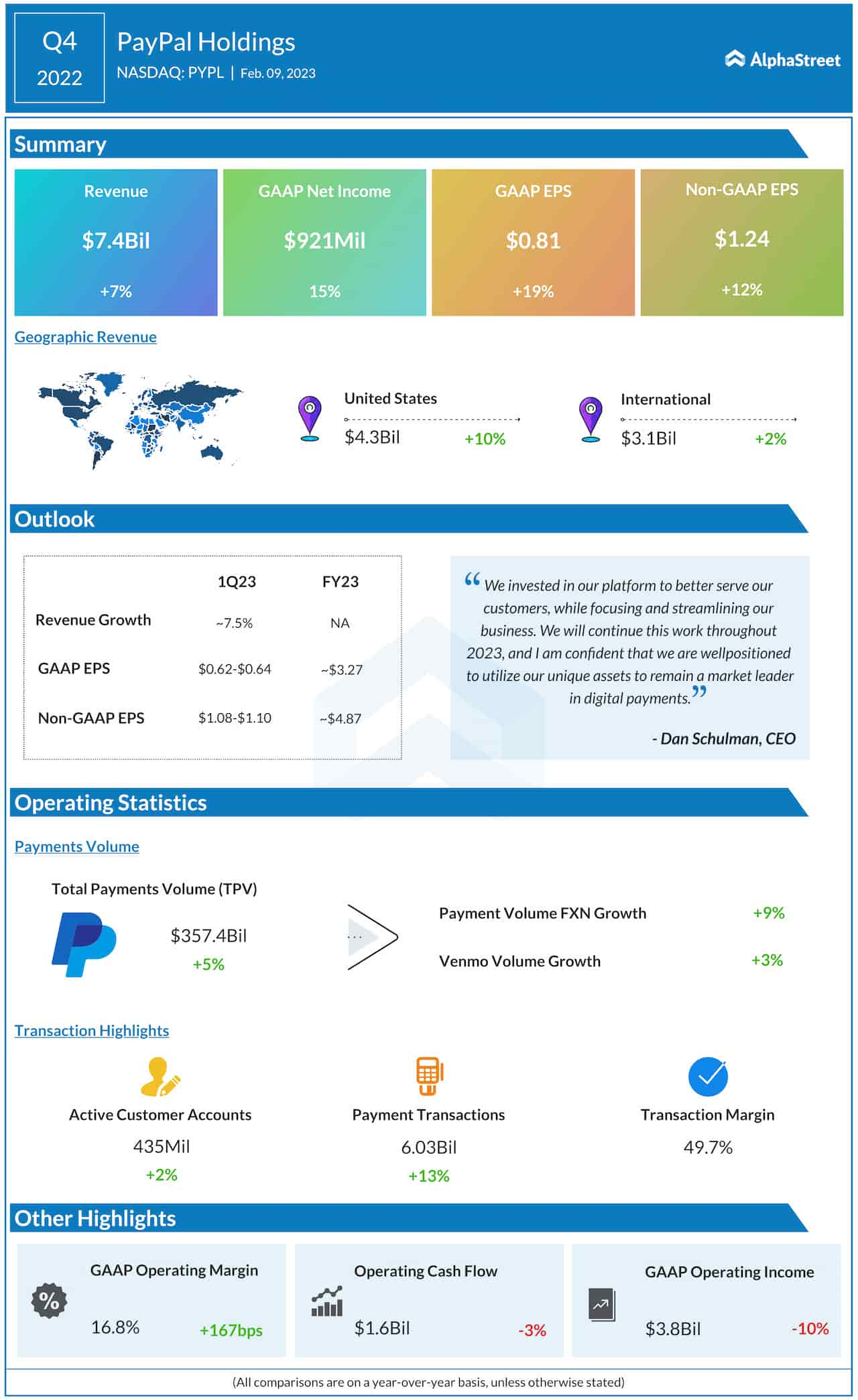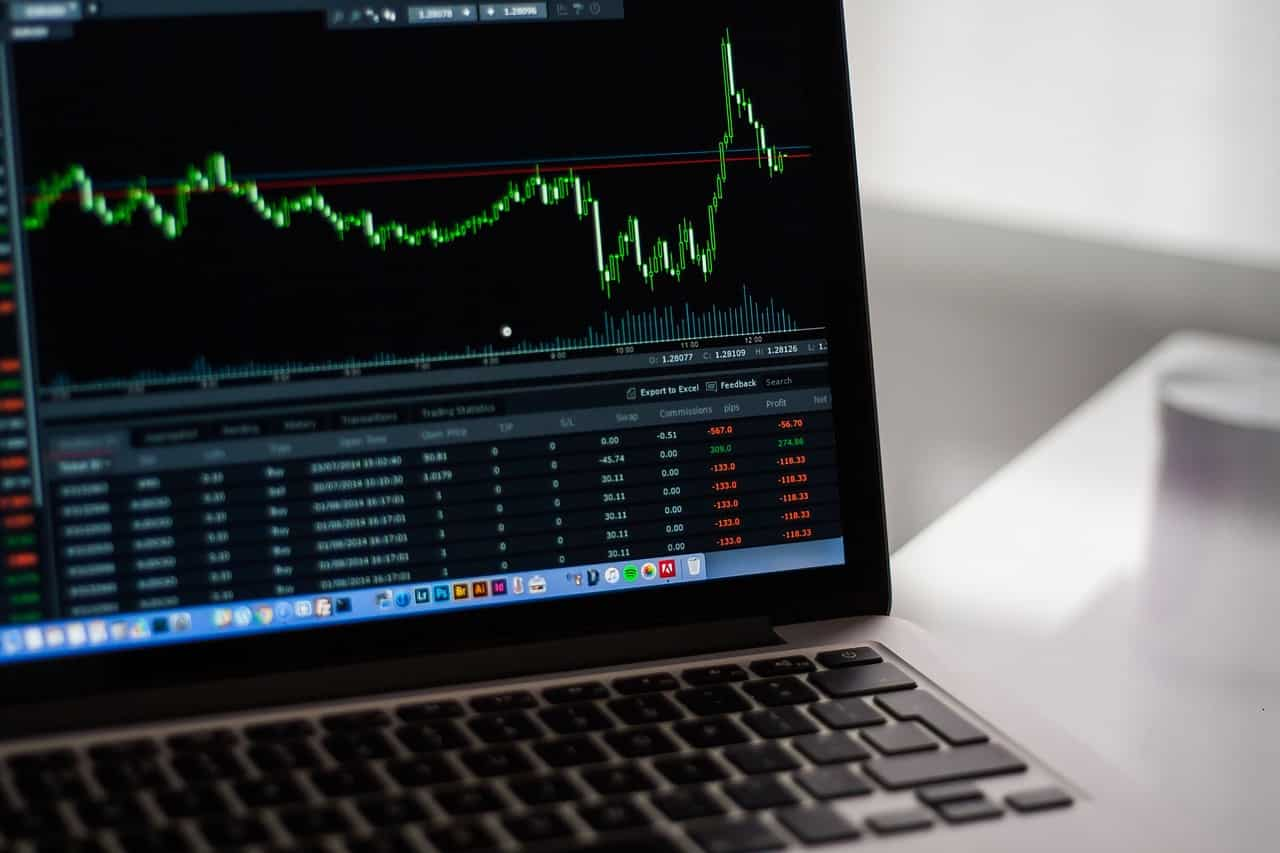After giving a positive return in 2022, and in 2023 to date, Teva Pharmaceutical Industries (TASE: TEVA; NYSE: TEVA) fell 9% on Wednesday after the release of its fourth quarter financials, to a market cap of $11 billion. Teva, under its new CEO Richard Francis, released fairly tepid results for last year, with a large operating loss, but the market’s disappointment seemed to be more at the guidance for 2023.
On the one hand, the guidance holds out the possibility of slight growth, after five years of constantly declining revenue, but on the other hand the numbers are fairly similar to those of 2022, with lower free cash flow. Analysts believe that the guidance may be deliberately conservative.
Bank of America retains a “Buy” rating for Teva, with a price objective of $13, 31% above the current price of the stock. The banks says that the guidance for 2023 is in line with expectations on sales, EBITDA, and free cash flow, but that in the light of the rise in the share price since the beginning of the year investors may have been expecting more than the analysts’ consensus.
“Overall, we came away from the fourth quarter encouraged that Teva’s guidance appears conservative with contribution from biosimilar Humira risk-adjusted for approval,” Bank of America analyst Jason Gerberry writes, and adds “we believe TEVA’s portfolio is positioned to drive modest growth.”
“We are encouraged to see relatively steady 2023 estimated free cash flow ($1.7-2.1 billion, compared with $2.2 billion in 2022, S. H-V.) while absorbing approximately $450 million in opioid-related resolution costs,” Gerberry continues. “With Teva’s foundation seemingly steadied, we look forward to a mid-year strategy update where we hope to get more pipeline visibility and Teva’s new CEO’s plans for opportunistic M&A.”
Bank Hapoalim retains positive rating
Bank Hapoalim also retains a positive “Outperform” rating for Teva, with a $12 price target. The head of the equities desk in the bank’s research department, Yaron Friedman, writes that the 2022 results were “comparatively reasonable”, with revenue declining in line with expectations. “Alongside the business results, the company underwent several events last year, two of which will define the path of the company and its stock in the coming years: reaching a settlement in the opioid painkillers affair, the huge millstone that has been around the company’s neck in the past few years, and the changeover in CEOs at the end of the year,” Friedman writes.
RELATED ARTICLES
Teva reports heavy losses, sees minimal 2023 growth
On Teva’s guidance, Friedman writes, “If anyone expected revenue growth in 2023, for the first time since 2017, well, we shall have to wait at least another year, since Teva sees revenue being stable.”
Friedman believes that completion of the opioids settlement in the coming months could narrow the pricing gap between Teva and other stocks in the sector.
“Teva could be a good value investment”
Eran Kimchi, managing partner at Mimes Strategies Hedge Fund, says, “The decline in the share price reflects disappointment at the 2023 guidance. In our view, the company’s new CEO chose to provide conservative guidance that will make it easier for the company to beat it, especially if, besides its organic activity, Teva is able to afford small but effective acquisitions, that will contribute to growth in the top and bottom lines.
“The task of the previous CEO, Kare Schultz, was mainly a battle for survival because of two substantial matters that weighed on the stock – the failed acquisition of Actavis, which lead to heavy debt, and the lawsuits against Teva in the US. Now, after the company has been stabilized and net debt has been reduced to $18.4 billion, with a debt:EBITDA below 4 and a solution to the legal battle in the opioids affair, the focus will switch to growth,” Kimchi says, adding, “Francis’s aim will be to maintain stability in the generics business, combined with a further rise in the innovative and biosimilar drugs.”
Kimchi believes that if, in the course of this year, new CEO Francis succeeds in changing the pessimistic mood that has characterized investors in the past few years to some degree of hope for growth, “Teva could be a good value investment. As far as we are concerned, that will be the first test of the new CEO.” He adds that most financial institutions in Israel have low holdings in Teva, after years of underperformance in relation to the indices, and that in his view if Teva’s results improve beyond its guidance, the institutions will not be able to stay out of the stock.
Published by Globes, Israel business news – en.globes.co.il – on February 9, 2023.
© Copyright of Globes Publisher Itonut (1983) Ltd., 2023.















